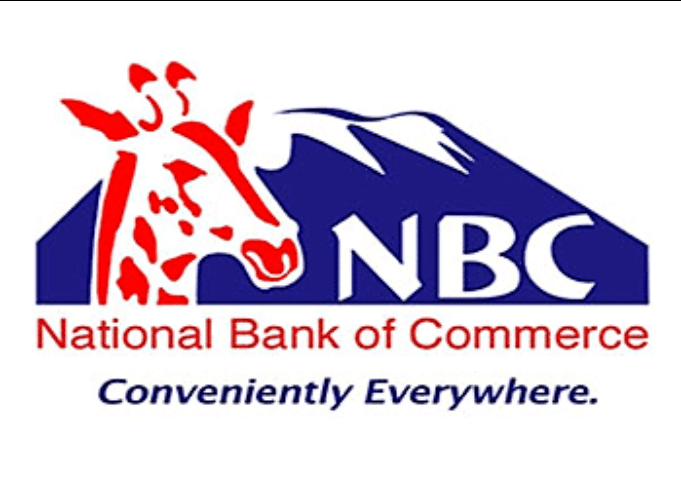How to Start Forex Trading 2021
Trading takes place via the “Interbank Market”, which is an online channel through which currencies are traded 24 hours a day, five days a week. Forex is one of the largest financial markets, with an estimated global daily turnover of more than 5 trillion USD.
What is Forex Trading?
The foreign exchange (also known as forex or FX) refers to the global over-the-counter (OTC) market where traders, investors, institutions and banks exchange, speculate on, buy and sell global currencies.
Forex currency pairs
All transactions in the Forex market involve the simultaneous purchase and sale of two currencies.
These are called “currency pairs”, and include the base currency and the quote currency. The chart below represents the forex pair EUR / USD (EUR / USD), one of the most popular currency pairs traded in the forex market.
Base currency
The base currency is the first currency to appear in the forex pair. This currency is bought or sold against the quote currency.
So, based on the above example, it would cost the trader 1.0916 USD to buy 1 EUR.
Alternatively, the trader can sell 1 EUR for 1.0916 USD.
Note: Forex quotes are often quoted in four decimal places because the spreads are usually very small. However, there is no set rule when it comes to the number of decimal places used in forex rates.
In the forex market, trades in currencies are often worth millions, so small bid and ask spreads (i.e. several pips) can soon add up to a big profit. Of course, such large trade volumes mean that small spreads can also equate to large losses.
Always trade carefully and consider the risks involved.
Forex Trading Key Terms
“Position” is the term used to describe a trade in progress. A long position means that a trader has purchased a currency that he expects will increase in value. Once a trader sells that currency back to the market (ideally at a higher price than what they paid for), his long position is said to be “closed” and the trade is complete.
A short position refers to a trader who sells a currency and expects it to depreciate, and plans to buy it again at a lower price. The short position is “closed” as soon as the trader buys the asset (ideally for less than what he sold).
For example, if the EUR / USD currency pair is trading at 1.0916 / 1.0918, an investor looking to open a long position on the Euro would buy 1 EUR for 1.0918 USD. The trader will then hold the euro in the hope that it will rise, and sell it back to the market at a profit once its price rises.
An investor selling the Euro will sell 1 EUR for 1.0916 USD. This trader expects the euro to drop in value, and plans to buy it again at a lower price if that happens.




